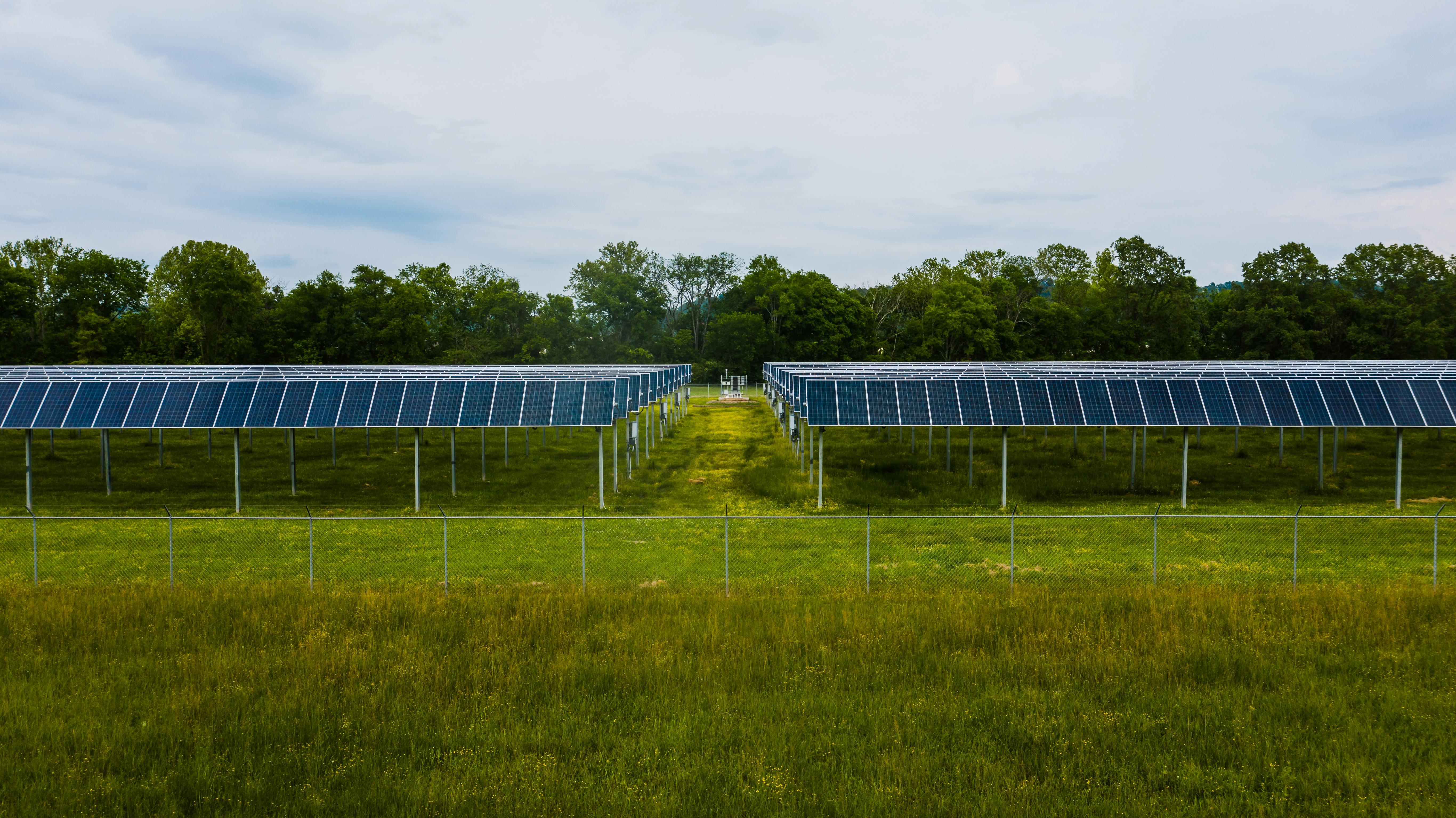What Are the Benefits of Installing Residential Solar Systems?
Posted 2024-07-04 06:50:59
0
2K

Installing residential solar systems offers numerous benefits, including:
1. Cost Savings
- Reduced Electricity Bills: Solar panels generate electricity from sunlight, reducing the amount of electricity you need to purchase from the grid.
- Government Incentives: Many governments offer tax credits, rebates, and other incentives to offset the initial cost of installing solar panels.
2. Environmental Benefits
- Renewable Energy Source: Solar energy is a clean, renewable resource that reduces reliance on fossil fuels.
- Reduced Carbon Footprint: Solar power production emits no greenhouse gases, significantly lowering your household's carbon footprint.
3. Energy Independence
- Energy Security: By generating your own electricity, you become less dependent on the grid and less vulnerable to energy price hikes and power outages.
- Battery Storage: Combining solar panels with battery storage systems allows you to store excess energy for use during nighttime or cloudy days.
4. Increased Property Value
- Home Value: Properties with solar panels often have higher market values and sell faster than those without.
- Attractiveness to Buyers: Energy-efficient homes with lower utility costs are more appealing to potential buyers.
5. Low Maintenance Costs
- Durability: Solar panels are durable and require minimal maintenance. Most systems come with warranties of 20-25 years.
- Self-Cleaning: Rain usually washes away dirt and debris, keeping the panels clean and efficient.
6. Job Creation and Economic Benefits
- Local Jobs: The solar industry creates jobs in manufacturing, installation, and maintenance.
- Economic Growth: Investment in solar technology supports local economies and reduces the need for energy imports.
7. Technological Advancements
- Efficiency Improvements: Solar technology is constantly advancing, with improvements in efficiency and reductions in cost.
- Integration with Smart Home Systems: Modern solar systems can be integrated with smart home technologies for better energy management and monitoring.
8. Scalability and Flexibility
- Modular Systems: Solar systems are scalable and can be customized to meet your specific energy needs and budget.
- Off-Grid Capabilities: Solar panels can be used in off-grid applications, providing power in remote locations where grid access is unavailable.
Overall, installing residential solar systems is a wise investment that can lead to significant financial savings, environmental benefits, and increased energy independence.
Search
Sponsored
Sponsored
Categories
- Art
- Causes
- Crafts
- Dance
- Drinks
- Film
- Fitness
- Food
- Games
- Gardening
- Health
- Home
- Literature
- Music
- Networking
- Other
- Party
- Religion
- Shopping
- Sports
- Theater
- Wellness
Read More
The Growing Importance of Biosensors Companies in Point-of-Care Testing
Emergen Research’s latest document, titled ‘Global Biosensors Market is one of the...
Discover Contemporary, Sustainable Games for Kids: Free Delivery on Prime Eco-Friendly Models
Still another aspect of sustainability in kids' games may Childrens gifts Malta eco-friendly...
Automotive Parts Market Booms with Tech in 2030
The global automotive parts and components market is undergoing a transformational...
[VIRAL VIDEO+]video lisa mariana viral di hotel Viral Videos Leaked On Social Media X ixb
🌐 CLICK HERE 🟢==►► WATCH NOW
🔴 CLICK HERE 🌐==►► Download Now...
Kolkata Escorts | Kolkata Escort Service | Booking 24/7 Open
Hello there Everyone, Kolkata Independent Escorts Girl offers to you, here the young lady who is...


